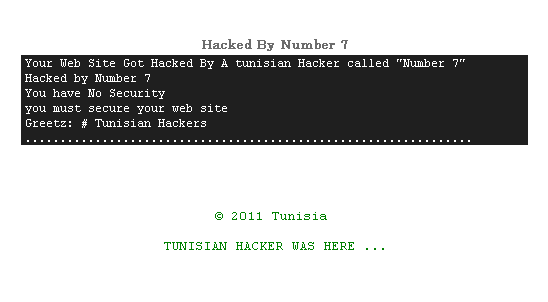In Kenya today, many organisations seem to have taken to Outsourcing. There are many different tasks, roles and responsibilities that you as the business owner can outsource. The greatest thing is that outsourcing in the long term actually makes savings for your business.
Some noticeable outsourcing services that have really been pushed into the Kenyan market to date are courier services, security services, office cleaning, IT support and other concierge services. I don’t think there are any cleaning ladies any more, even in government buildings you will notice that they have a company doing all the cleaning work. Perhaps smaller businesses are still hiring a cleaning lady for obvious reasons non the less.
I personally use courier services a lot. How simplified life has become especially in this age where fuel prices are on the rise every month. It saves you having to do the other mundane tasks such as queuing in the bank and in other offices, making deliveries, renewing driving licenses, making payments, collecting purchases, it’s phenomenal and its going to newer heights. The costs tied to the courier services are pretty low compared to the cost of you being stuck in traffic and you wasting time in a queue.
A cleaning service or IT support service will help you reduce costs such as wages and related human resource costs, supervision costs, costs of materials such as detergents and tools of the trade, office space etc .
Though there is so much good from outsourcing, what’s the flip side you need to pay attention to?
- Once again it comes down to the quality of the service being provided by the outsource. Whenever your business is not receiving the quality that you expect for a certain rate then something doesn’t add up.
- Just because you outsource a service for your organisation should not mean that you leave the outsource to run its own show, they should be able to blend into your business easily.
- You should be engaged in what they are doing and demand improvements when they are necessary. You as the client should be sure that the outsource is meeting all the needs that you have, if not perhaps reassess the situation.
- Outsource should be used where you see it will bring your business most benefit. It is important to do the mathematics of how much you will save by using an outsource vis a vis how much you are spending without the outsource. Get it down to the numbers.
- Don’t outsource just because everyone else is outsourcing because it could do you more harm than good do what fits for your company. Businesses are different.
- Be careful that your outsource is there to enhance the experience that your customers are receiving otherwise what’s the point?
Naomi Kinyanjui is an aspiring enterpreneur, a Procurement Specialist by profession with a passion for life, writing and making a difference. Follow her on Procurement Mentality 101 blog where the talk is all about supply chain and procurement and maintaining professionalism in such a controversial field.
